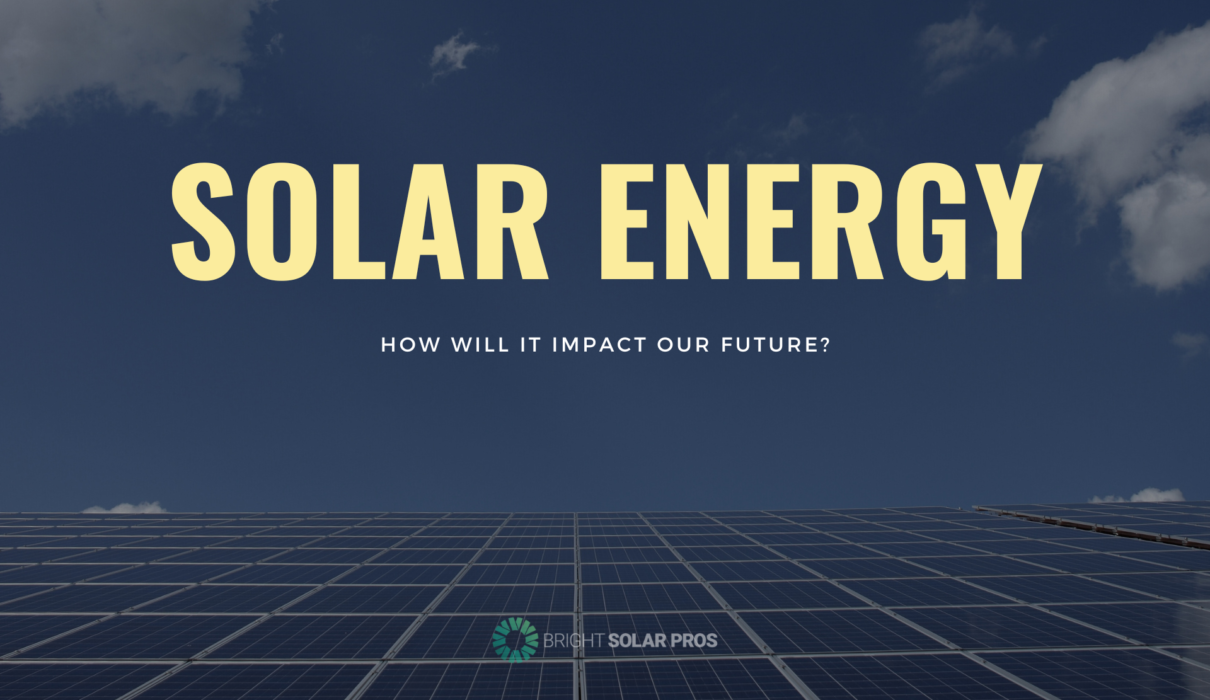Solar energy has the potential to significantly impact our future in several ways:
- Renewable Energy: Solar power is a renewable energy source, meaning it’s abundant and inexhaustible. Unlike fossil fuels, which are finite and contribute to climate change through greenhouse gas emissions, solar energy offers a sustainable alternative that can help mitigate environmental concerns.
- Climate Change Mitigation: The widespread adoption of solar energy can play a crucial role in reducing greenhouse gas emissions and combating climate change. By generating electricity from sunlight rather than burning fossil fuels, solar power helps decrease the carbon footprint associated with energy production.
- Energy Independence: Solar energy can enhance energy independence by diversifying the sources of electricity generation. By harnessing the sun’s energy locally, communities and countries can reduce their reliance on imported fuels and strengthen energy security.
- Economic Opportunities: The solar energy industry represents a significant economic opportunity, creating jobs in manufacturing, installation, maintenance, and research and development. As technology advances and economies of scale drive down costs, solar power becomes increasingly competitive with conventional energy sources, stimulating economic growth and innovation.
- Access to Electricity: Solar energy can improve access to electricity, particularly in remote or underserved areas without reliable grid infrastructure. Off-grid solar systems, such as solar panels paired with energy storage solutions, offer a cost-effective means of electrification for communities that are not connected to traditional power grids.
- Resilience and Reliability: Solar power can enhance the resilience and reliability of energy systems. Distributed solar photovoltaic (PV) installations, including rooftop solar panels on homes and businesses, decentralize electricity production, reducing vulnerability to disruptions caused by natural disasters, cyberattacks, or infrastructure failures.
- Environmental Benefits: In addition to reducing greenhouse gas emissions, solar energy production has other environmental benefits. It helps conserve water resources compared to conventional power plants, which often require large amounts of water for cooling. Solar installations also have minimal land-use impacts, especially when integrated into existing infrastructure like rooftops or unused land.
- Technological Innovation: Continued research and development in solar energy technology hold the promise of further advancements, such as improved efficiency, storage capabilities, and integration with other renewable energy sources. These innovations can drive down costs, expand deployment options, and make solar energy an even more attractive solution for meeting global energy needs.
Overall, the widespread adoption of solar energy has the potential to reshape the energy landscape, offering environmental, economic, and social benefits that contribute to a more sustainable and resilient future. However, realizing this potential requires concerted efforts from policymakers, businesses, and society as a whole to overcome barriers and accelerate the transition to a solar-powered future.


